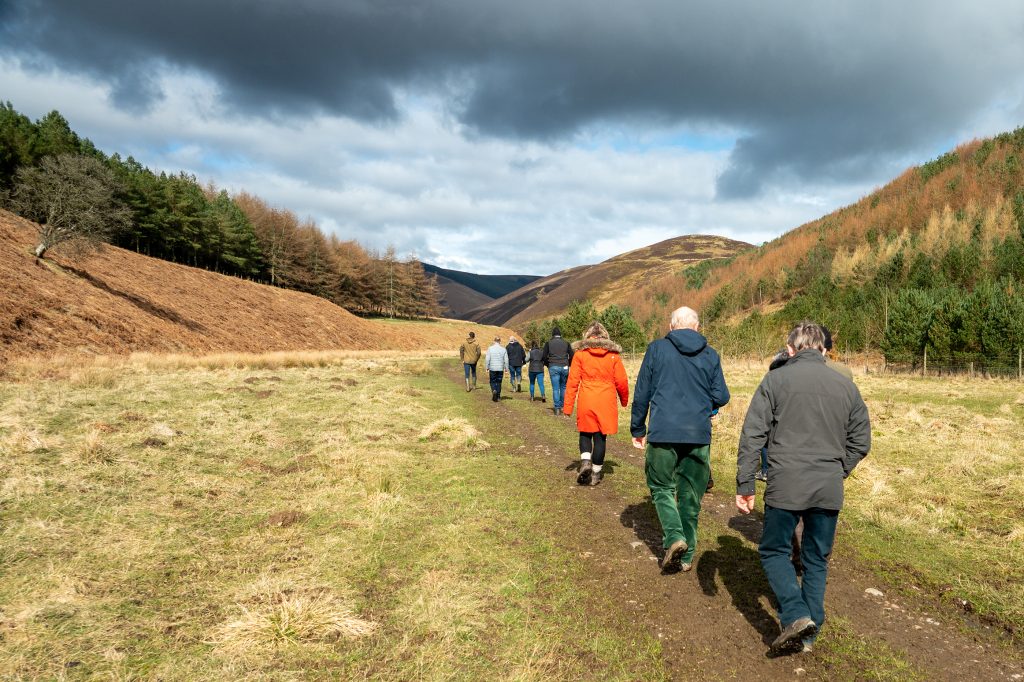Social, Economic and Geographical Sciences
The James Hutton Institute’s Social, Economic and Geographical Sciences (SEGS) department represents the fields of economics, geography, politics, sociology, anthropology, psychology and everything in between. Our mission is to be internationally recognised for the quality, relevance and impact of our social science research connecting land, people and the environment.
Through the development and application of a variety of quantitative and qualitative research methods, we provide new insights into complex problems relevant to contemporary environmental and rural issues in Scotland, Europe and beyond. Regardless of our research methods and questions, we share a commitment to engagement and dialogue outside of academia, sharing and often co-creating insights with stakeholders ranging from policy makers to community groups.
Our science
We contribute insights to discourses on sustainability, social and economic dimensions of rural development, culture and social norms, local food, agriculture and wider food systems, transport, land management and transitions, energy, natural resource use, human-environment relationships, valuation of natural resources, governance and institutions, risk, communities and health. We achieve this through “free-standing” social science, interdisciplinary work with natural and data scientists and also transdisciplinary work with a range of stakeholders.

The Social, Economic and Geographical Sciences department is organised into four groups, led by:
We work within and across groups on a wide range shared research interests. Our research aims to inform understanding of real-world problems, often working with stakeholders, to improve outcomes through inclusive, ethically responsible research.
Our research explores the complexities – and consequences – of how different actors, policies and institutions are intertwined in decisions that affect the natural environment and land management. We investigate and inform decision-making and processes in Scotland, the UK and beyond. Our department comprises social scientists from a wide range of disciplinary backgrounds, including sociology, ecological and environmental economics, politics, anthropology and geography. That means we are able to draw on a variety of theoretical approaches and concepts.
Head of Social, Economic and Geographical Sciences department
Mags Currie
Senior Researcher
Based in Aberdeen
T: +44 (0)344 928 5428 (*)
Mags is a senior researcher working in the Social, Economic and Geographical Sciences Department within the People and Places group. She joined the James Hutton Institute in January 2013.
She is a human geographer who has a BSc in Environmental Geography and a MSc in Rural and Regional Resources Planning (University of Aberdeen). Between 2001 to 2004 she worked as a research assistant at the University of Aberdeen helping to develop a tool to appraise policies for their accessibility impacts in rural areas and also considering the ways that health services are adapted to suit rural and urban circumstances. For her PhD, she considered the ability of policies which provided support to bus services to promote accessibility in rural areas of Scotland.
Between September 2007 to December 2012, Mags was a Research Fellow at the Centre for Rural Health at the University of the Highlands and Islands working on a number of different projects relating to links between health and wellbeing and natural environments, rural health service provision and configuration (particularly the place of new professional roles), how rural communities are changing and responding to these changes and the use of e-health to develop future solutions for rural communities.
